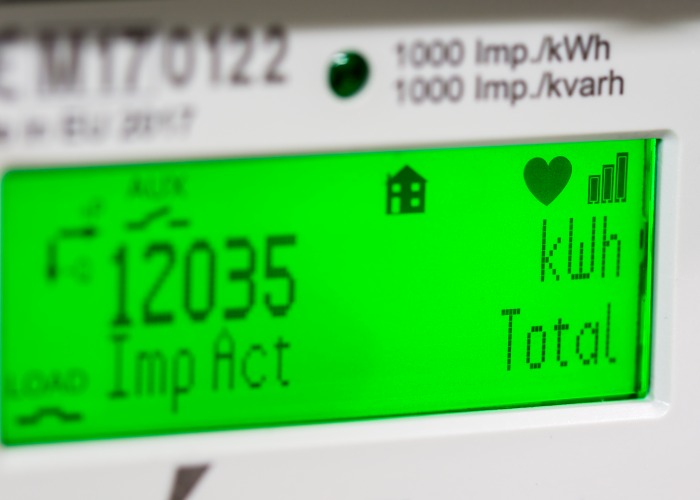Energy price cap to fall by up to £95 in October – but you should still switch

The energy price cap will drop to £1,042 just in time for the costly winter months, but that's still over £300 more than the cheapest deal on the market.
Millions of households are in line for a cut to their energy bills after the energy regulator Ofgem announced it will be reducing the price cap in October.
The default cap will fall £84 to £1,042, while the pricier prepayment cap will drop £95 to £1,070.
Ofgem said a total of 15 million households will save as a result.
While it's obviously welcome news, especially given how many people are struggling financially at the minute, it's still appalling that roughly half the population is paying the absolute maximum price for one of their biggest monthly bills.
Who benefits?
The price cap only applies to people on standard variable tariffs. These are the deals you move onto after a fixed or variable deal comes to an end, and let’s be honest, they are absolutely dreadful value.
These deals can be subject to the price rises (and occasional falls) announced by suppliers every year.
But shopping around and signing up to a new fixed deal every year or so will produce enormous savings.
You can currently get a deal from Avro Energy that works out over £300 cheaper than the price cap for the average household.
That isn’t exactly small change.
Use Look After My Bills to automatically switch to a better energy deal
Why millions of people are on a bad deal
Millions of customers on the rubbish standard tariffs could easily move to a new deal and save hundreds every year.
So, why don’t they?
There are all sorts of reasons really. Some simply don’t believe they will really benefit, while others are cautious about the potential for disruption.
And then there’s the fact that we’ve had a whole host of small suppliers going bust over the last couple of years.
You can’t blame someone who’s reluctant about ditching their awful British Gas deal, knowing they won’t hit the wall, when they are worried that a new supplier they move to may be bankrupt in a month or two.
Opinion: energy firms aren't paying their bills – and we're the ones who'll suffer
How you can help your loved ones
If you have a friend or a loved one on a standard variable tariff, then they will likely enjoy a small saving thanks to the reduction in the price cap.
But if you step in and push them towards switching away from the abysmal deal they are currently lumbered with, you can help them save far more.
Why save £17 when you could save over £300 from about 10 minutes work?
It really doesn’t take long to switch energy deals.
Anyone can head over to a price comparison site and within a few minutes, get a good idea of the best deals available, even if they aren’t certain what their current tariff is or what they normally pay.
And when you sign up to a new deal, the new supplier handles the whole thing for you. There is a perception that switching energy deals is a massive palaver, but it’s simply not true.
Sure, it’s not how you might choose to spend your time, but personally I’d happily trade 10 minutes of thinking about my gas use for a £300 annual saving, thank you very much.
Use Look After My Bills to automatically switch to a better energy deal
Comments
Be the first to comment
Do you want to comment on this article? You need to be signed in for this feature